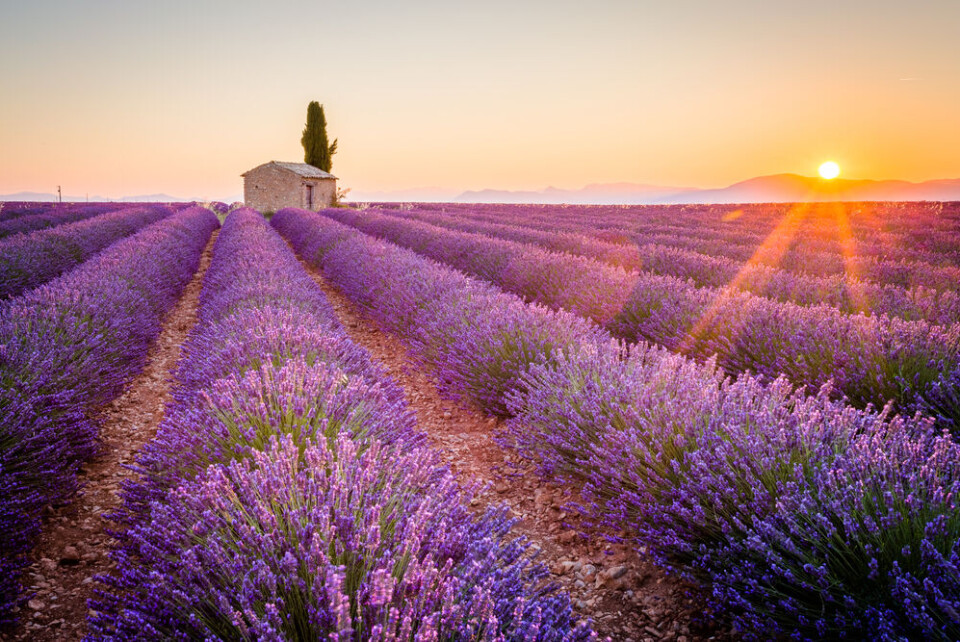-
Farmer protests in France: Blockades in place on several major roads
Tractor convoys head for Paris ahead of a major protest planned for Thursday
-
French farmer protests: where roadblocks and disruption are restarting
A major demonstration is planned for Paris as well as a ‘siege’ of Toulouse
-
French farmer protests: union calls for ‘mass restart’ of action
January 7 is highlighted as day for key action - other unions are yet to commit
Why Lavender farmers are burning parts of their fields in France
A variety of factors have taken their toll on the industry’s profitability

Farmers in the south of France are burning their lavender fields in order to turn the land to alternative, more profitable, crops.
The challenges they face are numerous, Lavender is going through a period of crisis with the price per kilo collapsing, pests appearing, and increased competition from foreign countries.
Farmers feel they are left with no other choice. “If you want to live, you have to reinvent yourself,” Aurélien Payan, a lavender farmer in the Alpes-de-Haute-Provence, told France3.
To survive, local farmers are diversifying with Almond trees and pomegranate fields taking over on Mr Payan’s farm. “People will always need food even if it's a little less fragrant," he said.
Threats to the industry
One situation which Provençal producers are facing includes a destructive caterpillar from North Africa carried by the Sahara wind.
These insects devour the lavender stems, causing the flowers to fall, and forcing growers to harvest their lavender urgently to limit the damage.
Read more: Lavender crops destroyed overnight by caterpillars in south of France
In addition, an increasingly globalised market is leading to a fall in the price of lavender.
The world's lavender oil production is now shared between Bulgaria (the world leader), China, Spain and Moldova.
This competition puts constant pressure on French producers who are struggling to maintain profitability.
Recognition for the region
Lavender has become emblematic of the south of France, in particular a typical of Provence and has for a long time been an important source of income for the region.
Many lavender growers in France are hoping to get the crop listed by UNESCO World Heritage.
For professionals, it would be a recognition and a protection against increasing competition, but also an additional attraction.
A UNESCO-listed heritage is thought to generate an additional 20% more visitors and perhaps a means for the profession to continue.
The history of lavender in Provence
Lavender has been distilled in France since the 16th century, however its use and production intensified during the 19th and 20th centuries with the development of the perfume industry in Grasse (Alpes-Maritimes).
Lavender is mainly used in the manufacture of perfumes and essential oils, with on average, one hectare of lavender producing about 15kg of essential oil.
The quality "Lavender essential oil from Haute-Provence" or "Lavender essence from Haute-Provence" is recognised and guaranteed by an Appellation d'origine protégée.
Nowadays, lavender and lavandin cultivation covers 28,000 hectares in France and 131 tons of lavender essential oil are produced per year.
Read also
Why peanuts and pistachios are the future of French farming
Where does the South of France start? Tourism offices share thoughts
























